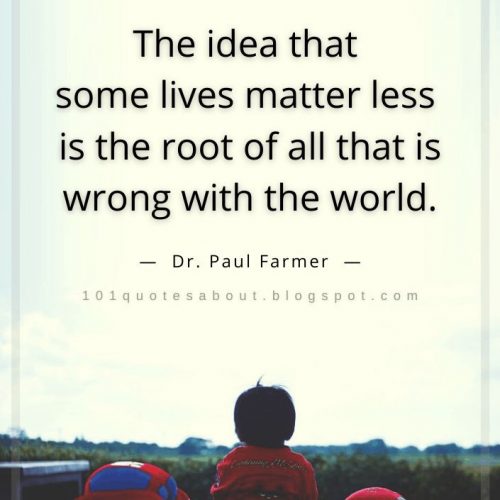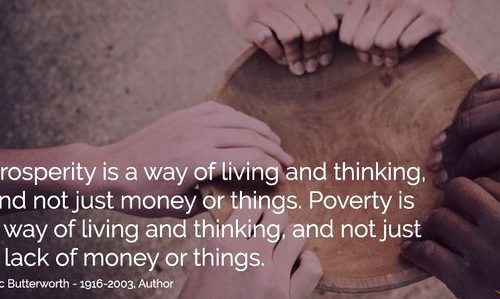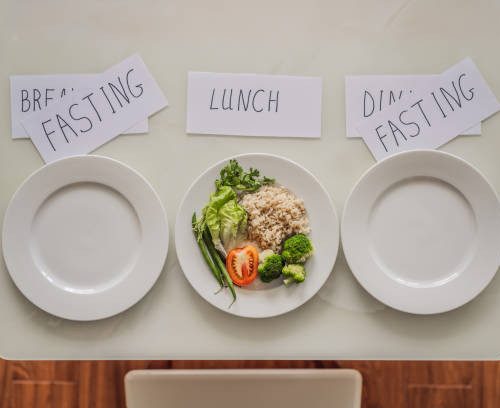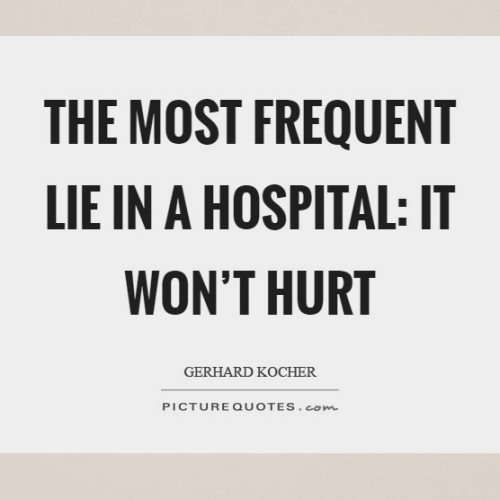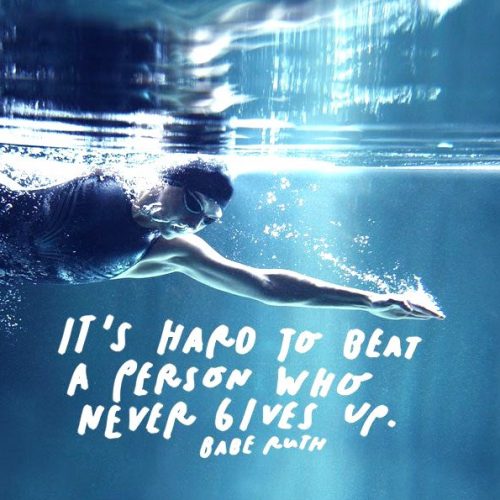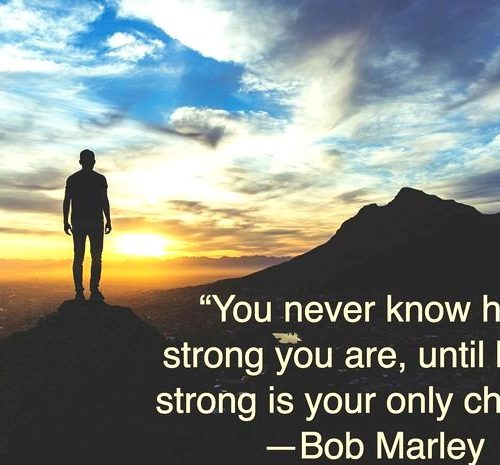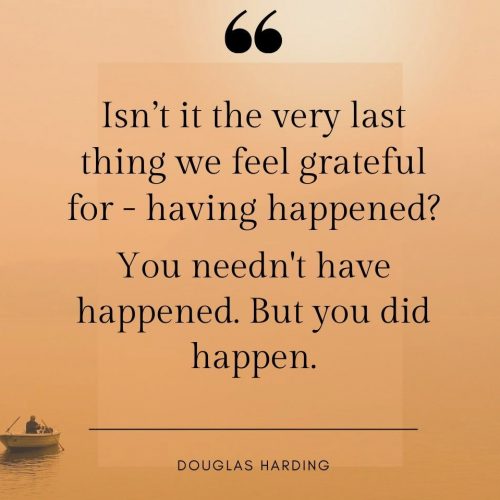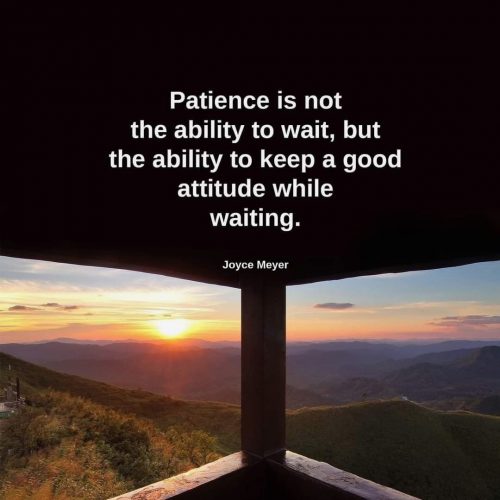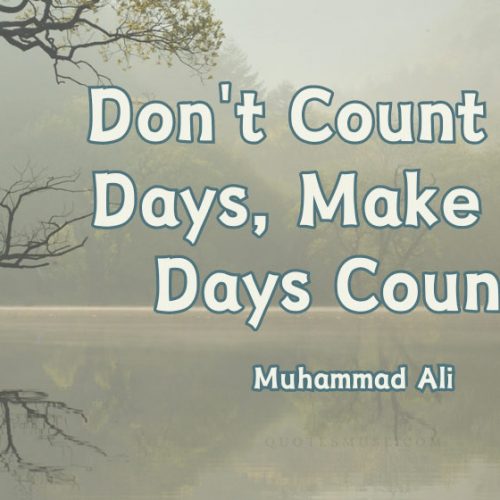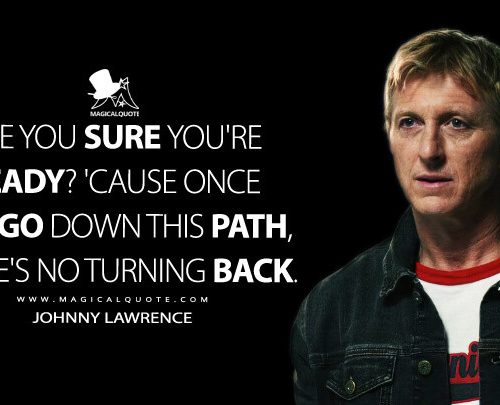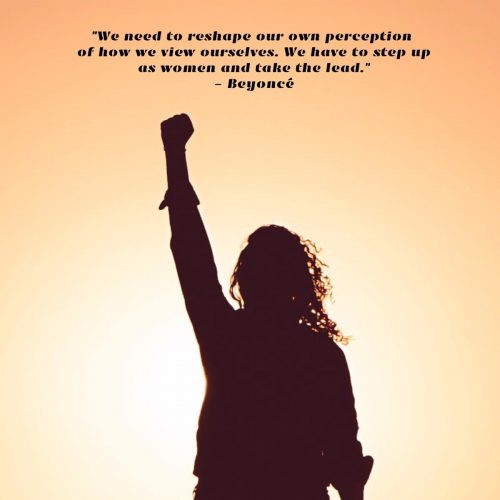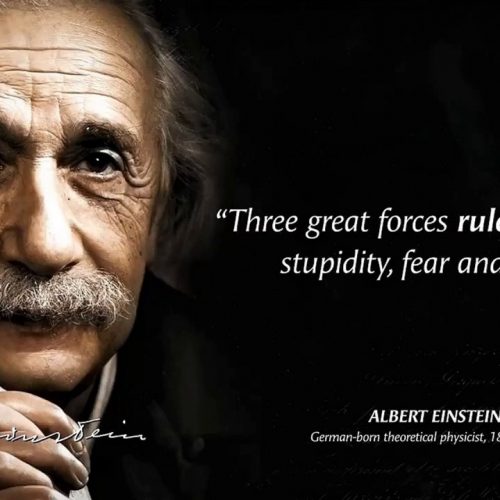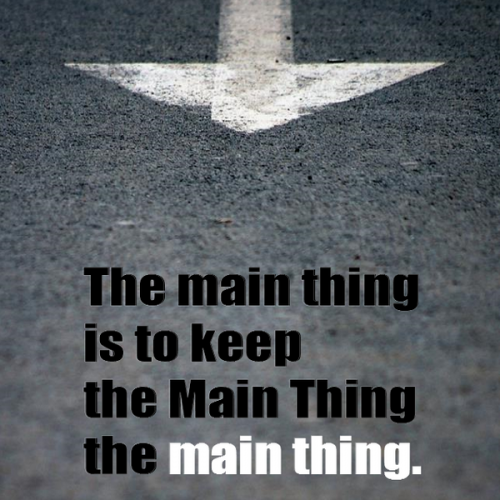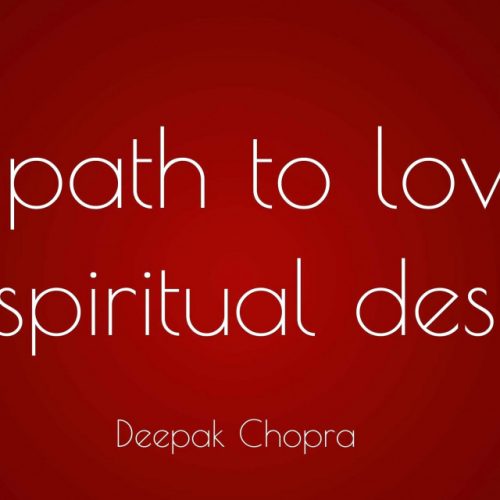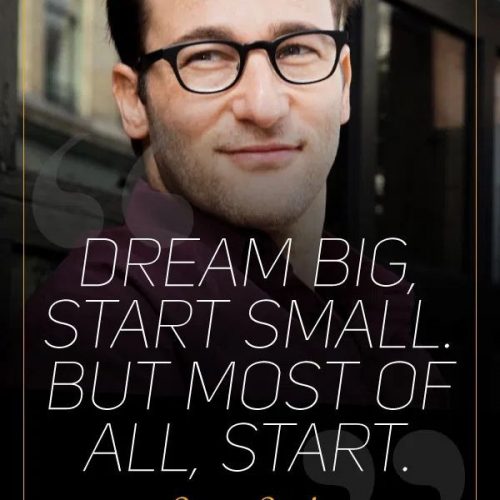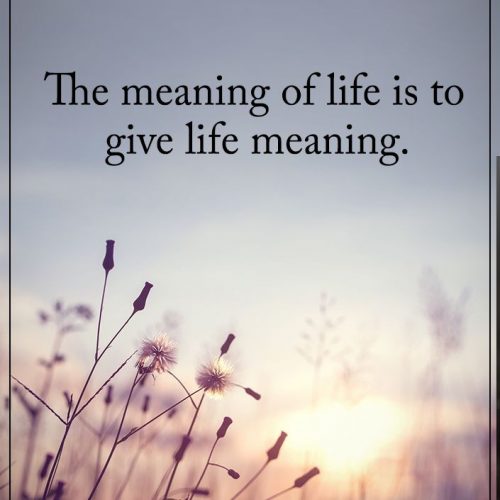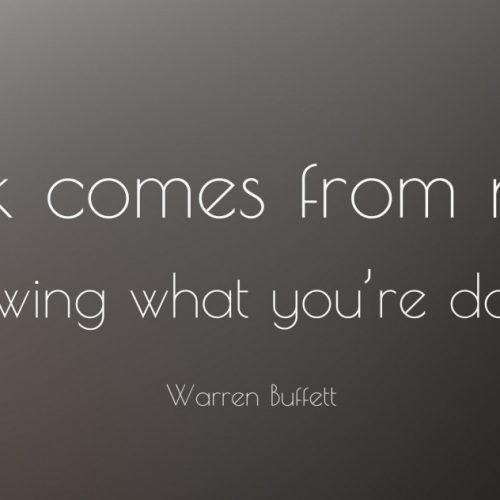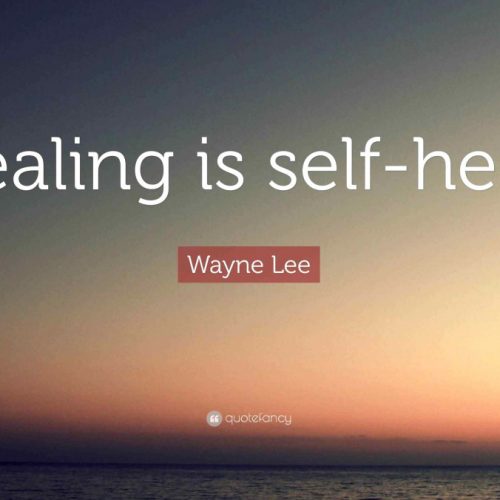在我的生命經驗中,面對人性幾乎成為日常工作。回顧過往接觸的無數個案,有一項共通的人性缺口格外顯眼:缺乏持續力。
持續,是所有人生考題中最容易被理解,卻最難被落實的一道。人們總等不及那滴水穿石的成果,也無法忍受聚沙成塔的漫長。
人生雖苦短,卻又必須經歷長期努力。努力成為一種根本態度,因為生命的受限,才顯出堅持的價值。
人類社會創造出龐大的醫療產業,彷彿健康可以被「歸還」。雖說醫者初衷未必如此,但病患的潛在欲望卻不斷加深對醫療的依賴。
醫病關係雖非買賣,卻也隱約透露出一種「對價性質」:多數人潛意識裡,只剩下一個簡化的信念:「花錢買健康」或「專業成就健康」。
如果這僅是少數人的誤解,那還容易修正;問題是,幾乎全人類都默默陷入了這種依賴。而想要扭轉這樣的集體偏執,願意站出來的力量,正逐漸式微。
In my life experience, confronting human nature has become a daily occupation. Reflecting on countless cases I’ve encountered, one trait of human nature stands out: the lack of perseverance.
Perseverance is perhaps the easiest concept to understand, yet the hardest to put into practice. People are rarely willing to wait for water to pierce stone, or to endure the long process of building a tower grain by grain.
Life is short, yet it demands long-term effort. That effort, therefore, becomes a fundamental attitude. It is precisely the limitation of life that reveals the value of persistence.
Modern society has created a massive healthcare industry, as if health is something that can be “restored” or “reclaimed.” While this may not be the intention of medical practitioners, the unconscious desire of patients continues to deepen their dependence on the medical system.
Though the doctor-patient relationship is not a transaction in the literal sense, it does carry an implicit sense of exchange. Most people have reduced their beliefs to one simplistic notion: “You can buy health” or “Health is the result of professional intervention.”
If this misunderstanding were limited to a few individuals, it would be easy to correct. But the problem is that almost all of humanity has silently fallen into this dependency. And the force needed to reverse such collective delusion is fading.

